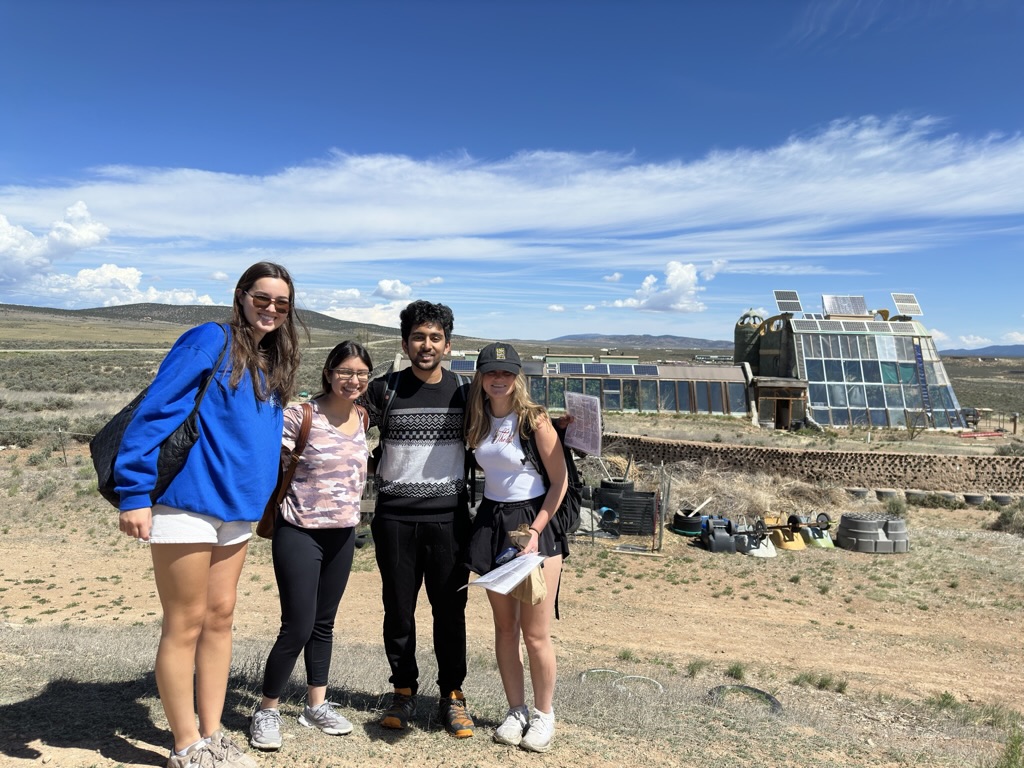
SMU Taos Honors & Scholars Program


.png?h=768&iar=0&w=1024&hash=7C8F8DDDDAF235A635DD53FBB6FA8DF6)
Why SMU Taos Honors?

Adventurous Learning
SMU Taos embraces a classroom without walls philosophy where you’ll get to learn in a thrilling environment, spark up your passions, and learn interesting class subjects meant to help you explore the world.

Quick Academic Credit

Living-Learning Community
Student Testimonials

Mikaila
"In Taos, I learned a lot about myself and the culture I was submerged in. I got to taste the rich history of New Mexico and I had the opportunity to see a way of life completely different from my own. If you can, GO TO TAOS!"
Mikaila '25

Caleb
“From napping in the mountain air in the afternoon to stargazing late at night, I enjoyed every minute of my time at SMU Taos. There was so much to do! I used this experience to get to know my classmates better and together we went into Taos and got to see some of the historic Pueblos still inhabited today! This was a neat experience to see how the longest continually inhabited structures in the US are still used today!”
- Caleb '24

Camila
“I would 100% recommend Taos. It was a breath of fresh air, especially going to school in Texas where there are no mountains nearby. If you love the outdoors, Taos is the perfect opportunity for you to explore the mountains, catch some rays, make friends, and learn. I learned a lot on this short trip, but the thing that will stick with me the most is the importance of engaging and participating in group exercises. Making sure to attend all the events that happened on campus really added to my experience.”
-Camila '25








